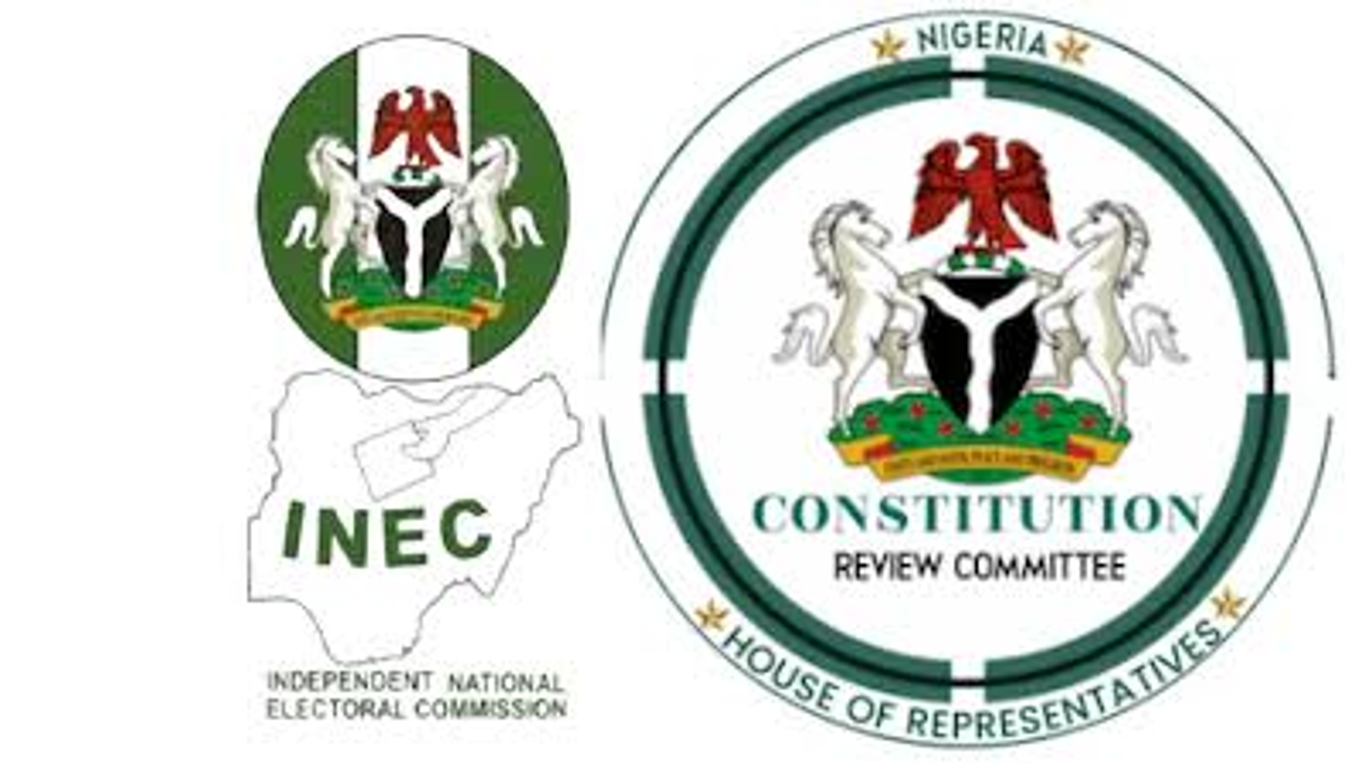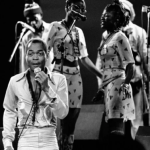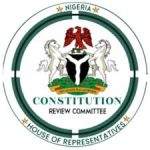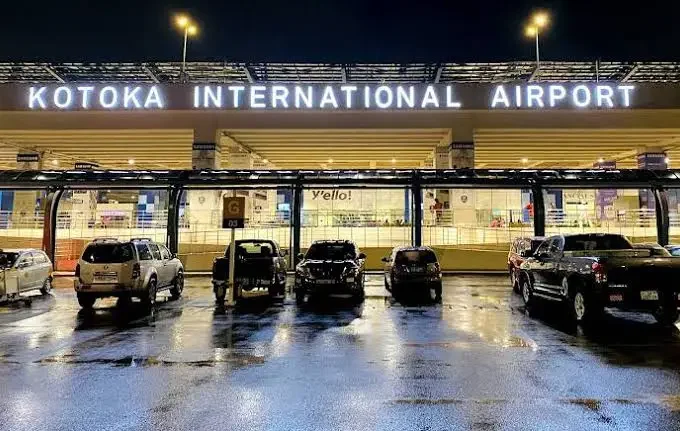
Nigeria’s Electoral System Under Review: House of Reps Proposes Independent Candidacy, INEC Reform, Defection Rules, and Unified Election Day

Nigeria’s drive to overhaul its electoral process has taken centre stage as the House of Representatives undertakes a comprehensive review of constitutional amendments aimed at strengthening electoral integrity ahead of the 2027 general elections. Central to this legislative push is an Electoral Reform Bill, made up of 12 interconnected proposals that collectively seek to enhance transparency, participation, and accountability across all levels of the electoral system.
According to the Summarised Compendium of Bills released by the Constitution Review Committee, the reforms are designed to address structural inefficiencies, expand democratic access, and curb long-standing abuses within Nigeria’s political system. Zonal public hearings are underway to gather citizen input before the final versions are adopted.
Opening the Political Space: Independent Candidacy and Party Reforms
At the heart of the reform agenda is HB. 1630, which proposes allowing Nigerians to contest for political office without party sponsorship. This is a game-changing initiative that would democratize access to the ballot, especially for individuals sidelined by party politics. However, there are concerns of an overcrowded ballot, fragmented votes, and logistical complications for election management.
In a bid to reinforce fairness within political parties, HB. 1381 would require party executives to resign before contesting elective office. This measure aims to prevent the misuse of party machinery and ensure internal democracy. However, it may result in the premature departure of experienced leaders or the manipulation of resignation timing.
Strengthening INEC and Institutional Independence
Another high-profile bill, HB. 1589 proposes involving the National Judicial Council (NJC) in appointing the Chairman of the Independent National Electoral Commission (INEC). This aims to reduce presidential overreach and enhance INEC’s independence. While it could build public trust in electoral neutrality, there are concerns that it might politicise the NJC or spark institutional rivalries.
Additionally, HB. 1217 seeks to establish a Political Parties Registration and Regulatory Commission (PPRRC), which would take over the responsibility of party registration and regulation from INEC. This would allow INEC to focus strictly on elections, while the new body monitors party compliance and finances. However, there might be potential jurisdictional overlaps and risks of politicisation.
Tightening Rules on Defections and Accountability
Addressing the culture of political defections, HB. 994 aims to redefine what constitutes “gross misconduct” by including unjustified defections as grounds for impeachment of presidents and governors. This is intended to protect the integrity of electoral mandates, but could also open the door to politically motivated impeachment efforts.
Building on that, HB. 2167 mandates that lawmakers must officially resign from their political party before defecting to another. The bill encourages ideological consistency and transparency but has raised constitutional concerns regarding freedom of association and the complexity of legal enforcement.
Reforming Election Timing and Logistics
A structural shift is proposed in HB. 1306 is to hold all general elections, presidential, governorship, and legislative, on the same day. This aims to reduce election costs, curb manipulation of staggered outcomes, and boost voter turnout. Nonetheless, it would place immense pressure on INEC, security forces, and logistical operations nationwide.
HB. 2166 adds flexibility by proposing that election timelines be regulated under the Electoral Act rather than being constitutionally fixed, allowing for more adaptive scheduling in response to unforeseen circumstances.
Ensuring Legal and Electoral Integrity
To address election-related crimes, HB. 1219 proposes the establishment of an Electoral Offences Commission tasked with investigating and prosecuting electoral violations. This could significantly reduce impunity but would require careful implementation to avoid political weaponisation.
HB. 1154 ensures that all pre-election disputes are resolved before candidates are sworn into office, preventing legal uncertainty after elections are concluded.
Another crucial proposal, HB. 1581, seeks to preserve election outcomes even if a deputy (running mate) is disqualified, shielding the will of the electorate from being overturned by procedural flaws.
INEC’s Expanded Mandate for Local Elections
HB. 1649 proposes empowering INEC to conduct local government elections, a role currently performed by state electoral commissions that are often criticised for partisanship. This would standardise local elections across the country and potentially enhance credibility, though it would significantly expand INEC’s already demanding responsibilities.
The reform package is promising, particularly the proposals on independent candidacy, pre-election dispute resolution, and INEC appointment procedures. However, many remain wary of the power shifts and tighter accountability measures embedded in the bills.
With zonal public hearings ongoing and public opinion being considered, the National Assembly stands at a pivotal moment. The outcome of these legislative efforts will not only shape the conduct of the 2027 elections but also define the long-term credibility, inclusiveness, and resilience of Nigeria’s democracy.
List of Electoral Reform Bills Under Review
-
HB. 1630 – Independent Candidacy for Elections
-
HB. 1589 – NJC Involvement in Appointing INEC Chairman
-
HB. 994 – Redefining Grounds for Removal of President/Governor
-
HB. 2167 – Requiring Official Resignation Before Defection
-
HB. 1381 – Mandatory Resignation of Party Executives Seeking Office
-
HB. 1306 – Holding All General Elections on the Same Day
-
HB. 1217 – Establishing the Political Parties Registration and Regulatory Commission (PPRRC)
-
HB. 1219 – Creation of the Electoral Offences Commission
-
HB. 1649 – Empowering INEC to Conduct Local Government Elections
-
HB. 1154 – Pre-Election Dispute Resolution Before Swearing-In
-
HB. 1581 – Preserving Elections Despite Deputy Candidate Disqualification
-
HB. 2166 – Moving Election Timeline Regulation to Electoral Act
Read More:
- Is Nigeria’s Constitution Being Rewritten from Abroad? Spotlight on PLAC and MacArthur Funding
- Delayed Retirements: Tinubu Extends Customs Director General Tenure Past Lawful Limit
About The Author
%s Comment
Leave a Reply Cancel reply
Related Articles
Ghana to Rename Kotoka International Airport
Ghana’s government is preparing to rename the country’s main international gateway, Kotoka...
ByWest Africa WeeklyFebruary 4, 2026Russia Congratulates Ibrahim Traoré on Assuming AES Presidency
Russia has congratulated Burkina Faso’s President, Captain Ibrahim Traoré, on his assumption...
ByWest Africa WeeklyFebruary 4, 2026AES Condemns Niamey Airport Attack, Warns of Coordinated Destabilisation
The Alliance of Sahel States has strongly condemned the armed attack on...
ByWest Africa WeeklyFebruary 2, 2026Mali Cedes Strategic Land to Guinea to Deepen Trade Cooperation
Mali has approved the transfer of a strategic parcel of land to...
ByWest Africa WeeklyFebruary 2, 2026












Good news I appreciate that that the will and the choice of people will work accordingly God bless Nigeria